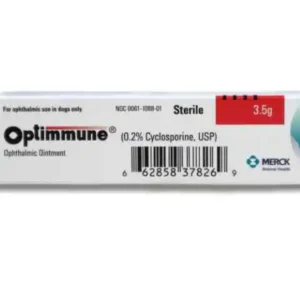Keflex is a brand name for the antibiotic medication cephalexin. It is a prescription antibiotic that belongs to the cephalosporin class of antibiotics. Cephalexin is used to treat a variety of bacterial infections, including respiratory, skin, ear, urinary tract, and bone infections. Here are some key points about Keflex (cephalexin):
Indications:
- Bacterial Infections: Keflex is used to treat a wide range of bacterial infections, including:
- Respiratory tract infections, such as sinusitis, bronchitis, and pneumonia.
- Skin and soft tissue infections, including cellulitis and wound infections.
- Ear and throat infections.
- Urinary tract infections (UTIs).
- Bone and joint infections.
Mechanism of Action: Cephalexin works by interfering with the bacteria’s cell wall synthesis, ultimately leading to the destruction of the bacterial cell. This action helps stop the growth and spread of the bacteria.
Dosage: The dosage of Keflex is determined by a healthcare provider based on the type and severity of the infection. It is typically taken orally in the form of tablets or capsules.
Side Effects: Common side effects of cephalexin may include stomach upset, diarrhea, and mild skin rashes. More severe side effects are less common but can include severe diarrhea (potentially associated with a bacterial infection called C. difficile colitis) and allergic reactions.
Precautions: Cephalexin should be used cautiously in individuals with a history of allergies or other adverse reactions to antibiotics. It can interact with other medications, so it’s important to inform your healthcare provider about all the medications you are taking.
Pregnancy and Breastfeeding: Pregnant or breastfeeding individuals should consult with a healthcare provider about the potential risks and benefits of using cephalexin.
Cephalexin is an effective antibiotic when used as prescribed by a healthcare provider for treating bacterial infections. It is essential to complete the full course of treatment even if symptoms improve before the medication is finished to ensure that the infection is completely eradicated. Stopping antibiotics prematurely can lead to the development of antibiotic-resistant bacterial strains. If you experience any unusual or severe reactions to cephalexin, seek medical attention promptly.






Reviews
There are no reviews yet.